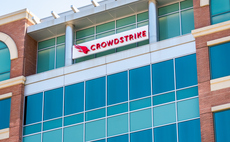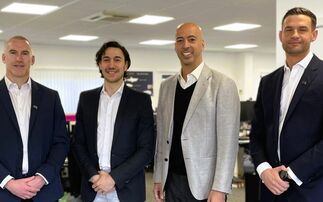There may be dangers in a fast-moving bandwagon. Should the channel pay close attention to tips and trends, Fleur Doidge wonders
Andy Hart, European vice president of advertising and online at Microsoft, told marketing magazine The Drum recently that tech providers are still too focused on jargon and not enough on business b...
To continue reading this article...
Join CRN
- Enjoy full access to channelweb.co.uk - the UK’s top news source for the IT channel
- Gain the latest insights through market analysis and interviews with channel leaders
- Stay on top of key trends with the Insider weekly newsletter curated by CRN’s editor
- Be the first to hear about our industry leading events and awards programmes
Already a CRN member?










